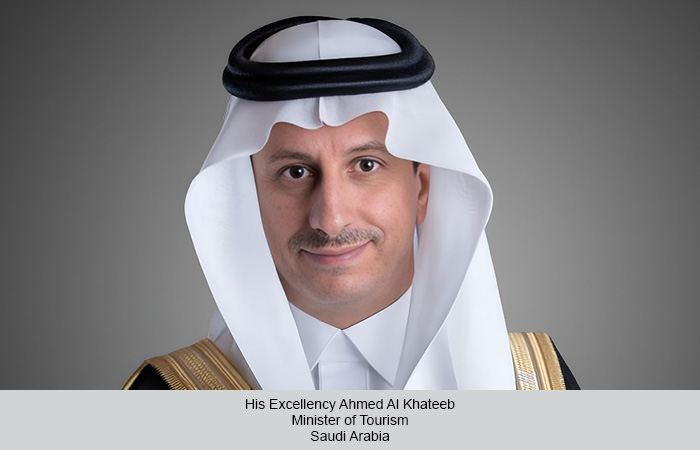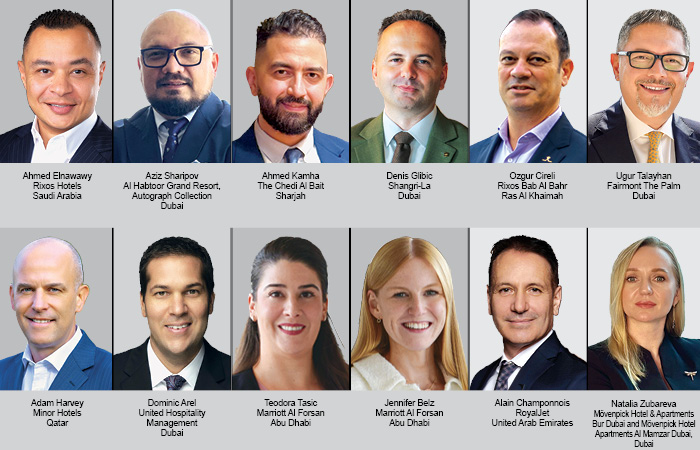With the entire tourism industry going under the IT cover, it has become inevitable for travel agents to up their game on the technology quotient. We spoke to a stalwart from the industry, Asim Arshad, Group CEO, Orient Travel and Tourism, about the new phase in the profession of travel agents.
Q Having been in the industry for a while, what do you think are the travel trends of today?
The industry has gone through a big change from the time I landed in the UAE. Customers expect to find whatever they need anytime. From a travel agent, they expect the best price and service for travel as well as accommodation. Indeed, they are more demanding because supply is in abundance and technology is also disrupting and enabling the value chain.
Q What are your thoughts on the new role of traditional travel agents, with new OTAs coming up?
There is a big shift in how and what sort of business is done by travel agents. As retail business is dying down, high-street travel agents who are involved in catering to retail customers are getting affected. The trend started in the US, Canada and Europe, where now a huge number of retail travel agents have shut shops. This retail space is being taken over by OTAs, metasearch agencies, web-based, low-cost airlines and even some legacy carriers selling directly on their online portals.
Subsequently, traditional travel agents have evolved as travel management companies (TMCs), depending heavily on corporate business. Now here again, there’s a catch. As most of the corporate business is going global, all the local TMCs that have tie-ups with global TMCs are doing well and should continue to do well. The competition for local corporate businesses will however become more intense with local travel companies competing to take their share in this market as well. This will lead to more price competition, extended credit facilities and of course creating more pressure on the bottom line. We already see a lot of pressure on the receivables/ collections from the local market because we all work on a fortnightly payment cycle with BSP.
The outbound leisure business remains good, because that is a personalized service where people trust and believe in the company and the consultant they are dealing with, although even in that space, a number of clients are now going directly to popular OTAs to book tickets, hotels etc.
Q How can a traditional travel agent change with the tech-savvy times of today?
Automate processes, improve proficiency and average turnaround time. Invest in the best travel distribution and point-of-sale systems. Focus on customer notifications, feedback and unique content and offer the best value for the highest quality service and support. Keep pricing flexible and competitive.
Q In your opinion, what tools must a travel agent use to attract more clientele?
It is said “there is no substitute for experience”. I too believe in this. Experience is the most handy and valuable tool a travel agent can have. Continuous evolvement, process efficiency and specialization are key in attracting new clientele and retaining the existing ones. Consistent marketing and engagement through direct channels with clients allow for easy accessibility as well as real-time communication.
Q What are the latest offerings by Orient Travel to their clientele?
Orient Travel offers its corporate clientele the cutting edge in travel technology, which we receive from Carlson Wagonlit Travel. Data consolidation, daily data feed, online reports, extensive MIS reports, safety and security are some of the best offerings we have for our clients. We are now also rolling out the CWT-TO-GO mobile app. This is what makes us stand apart from competition. Other than that, Orient Travel continues to offer bespoke holiday and vacation packages for cities all over the world, with primary focus on niche destinations in countries like South Africa, Croatia, Scandinavia, and those of South America. We’ve also introduced a dedicated visa services division to assist with the visa application process for a nominal fee.
 TravTalk Middle East Online Magazine
TravTalk Middle East Online Magazine




